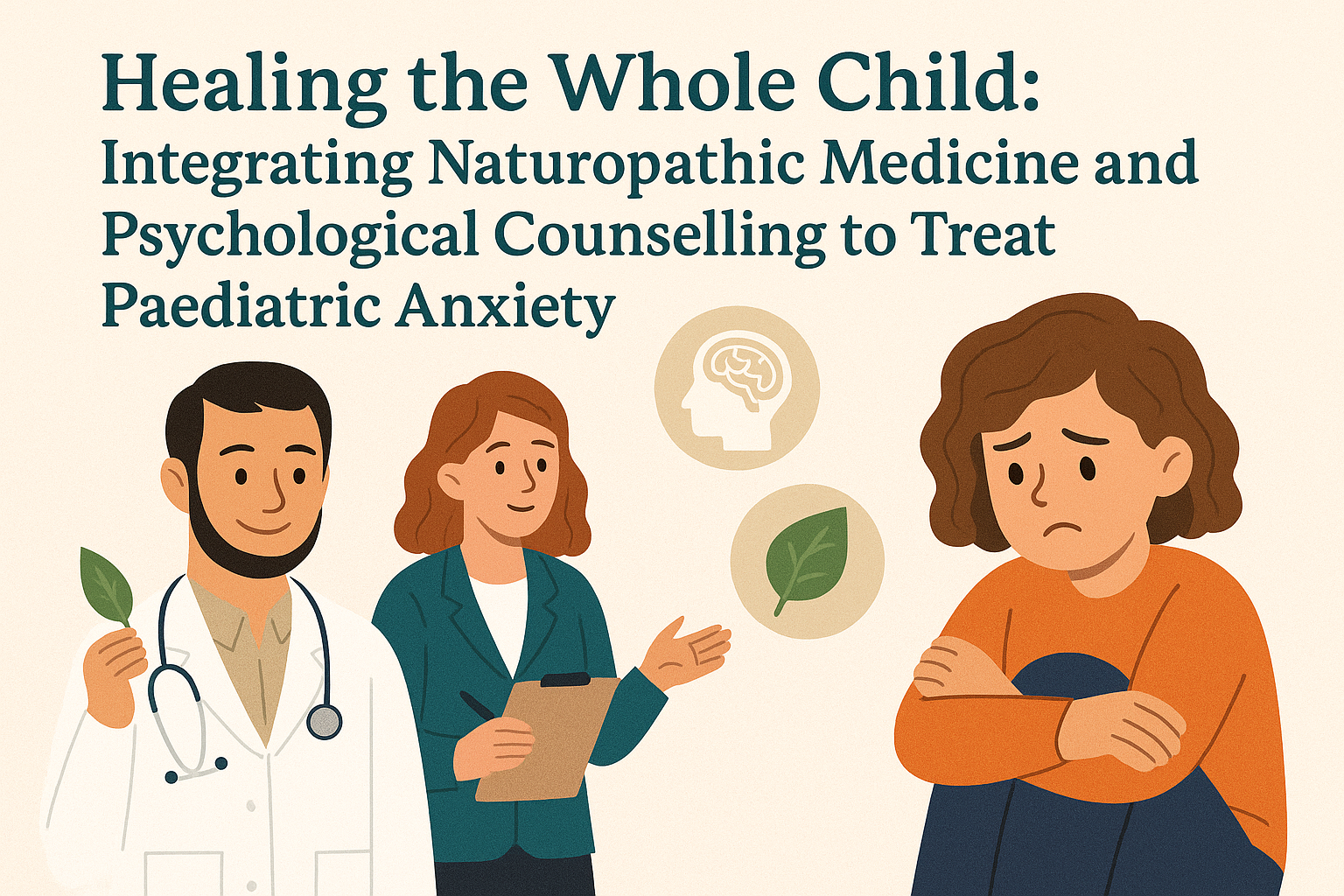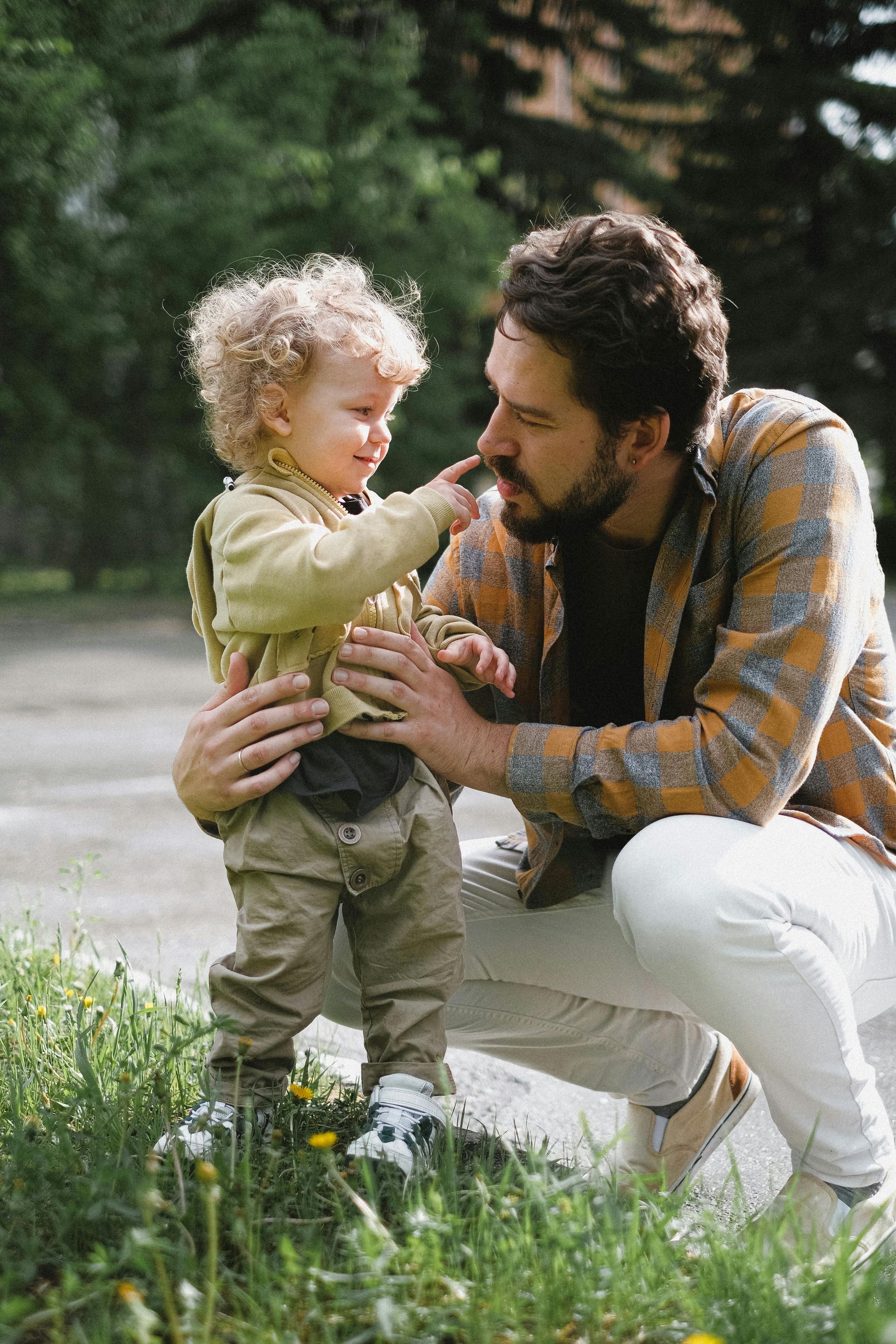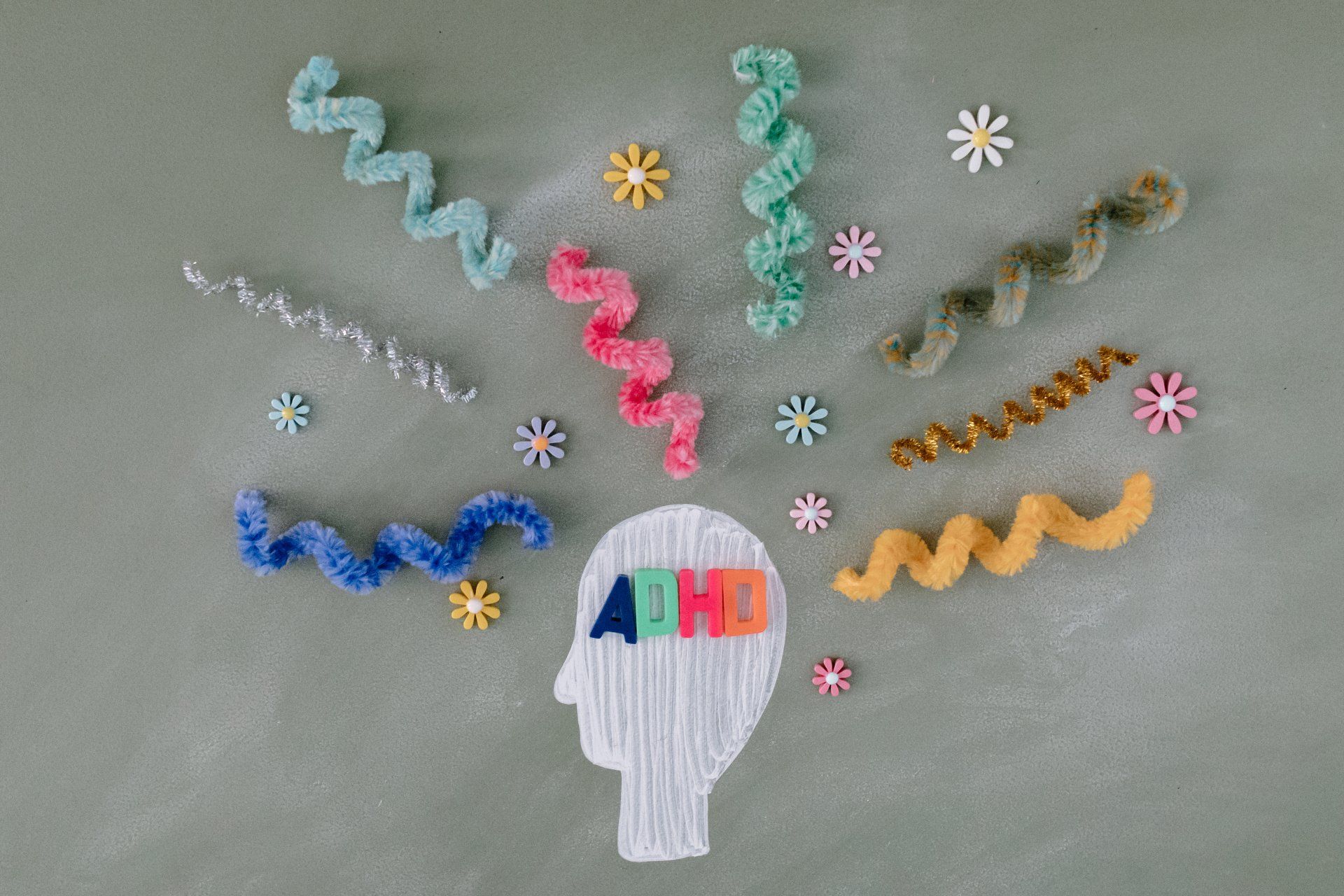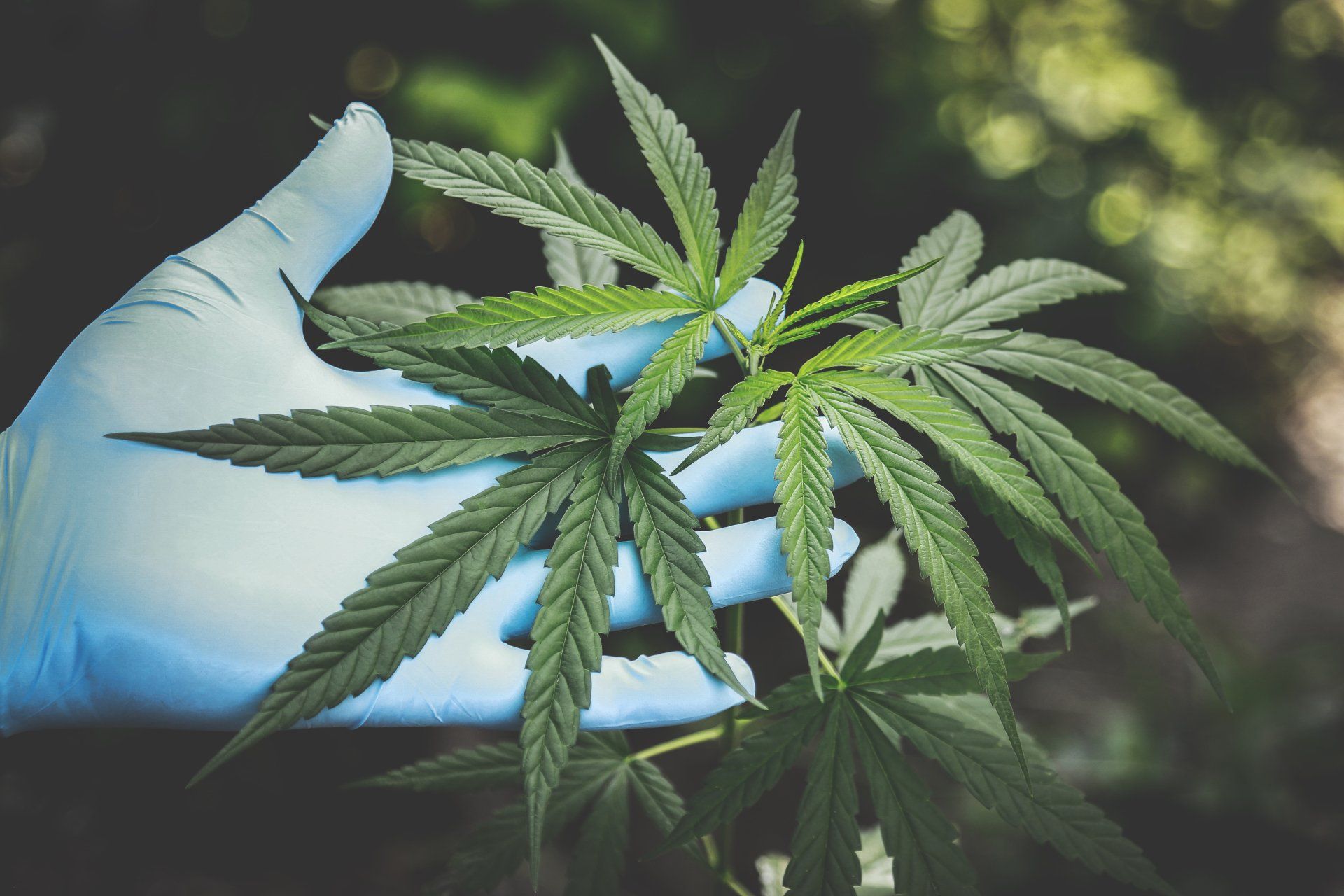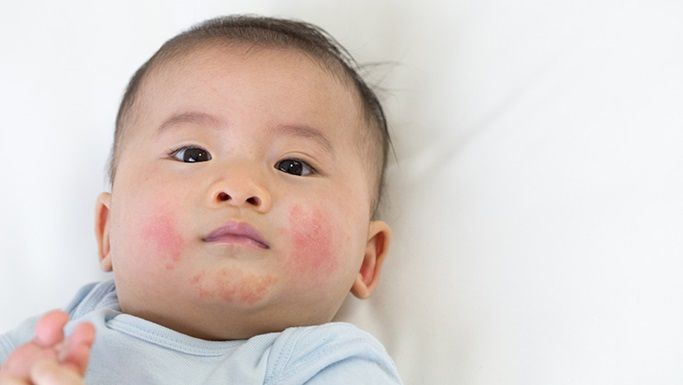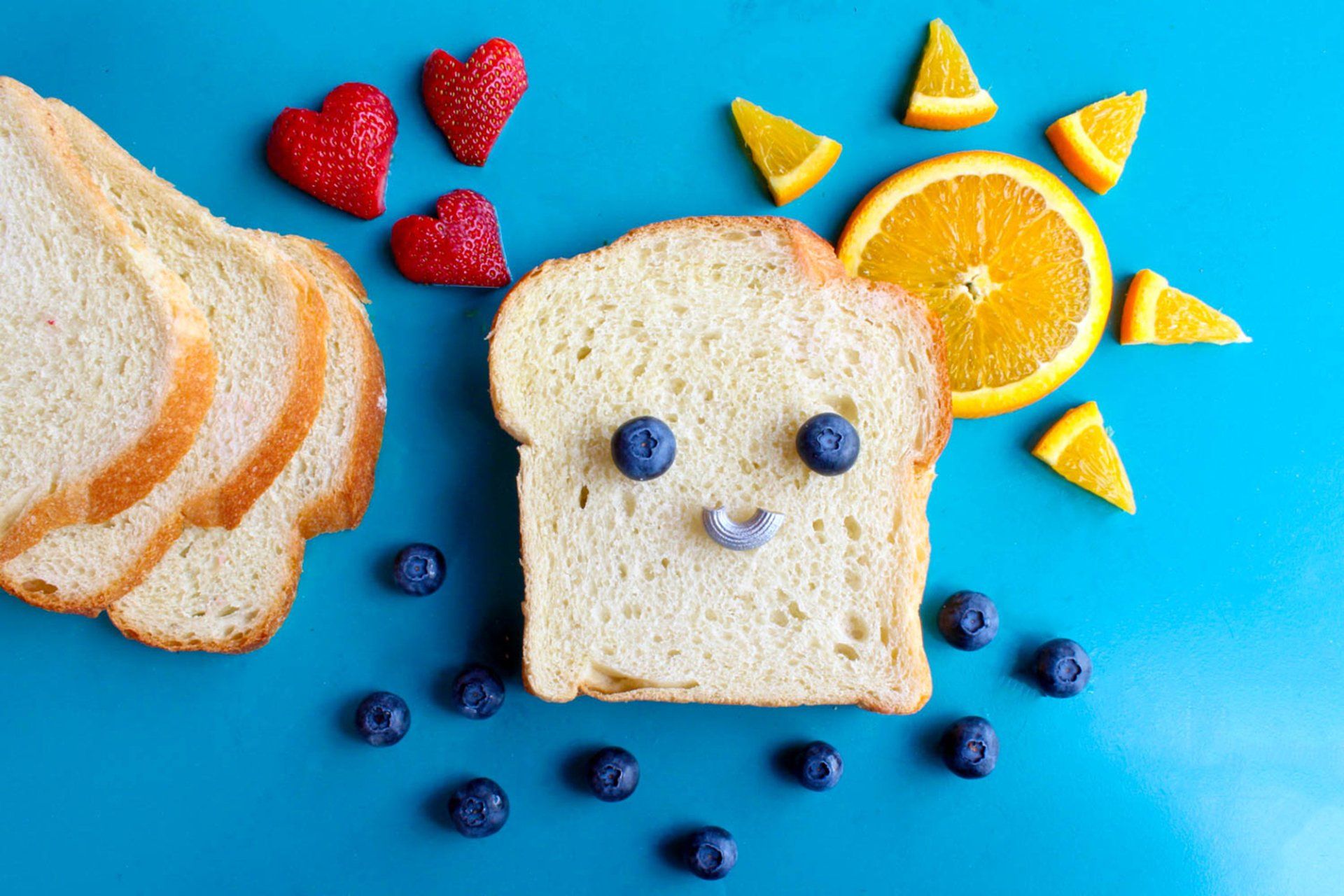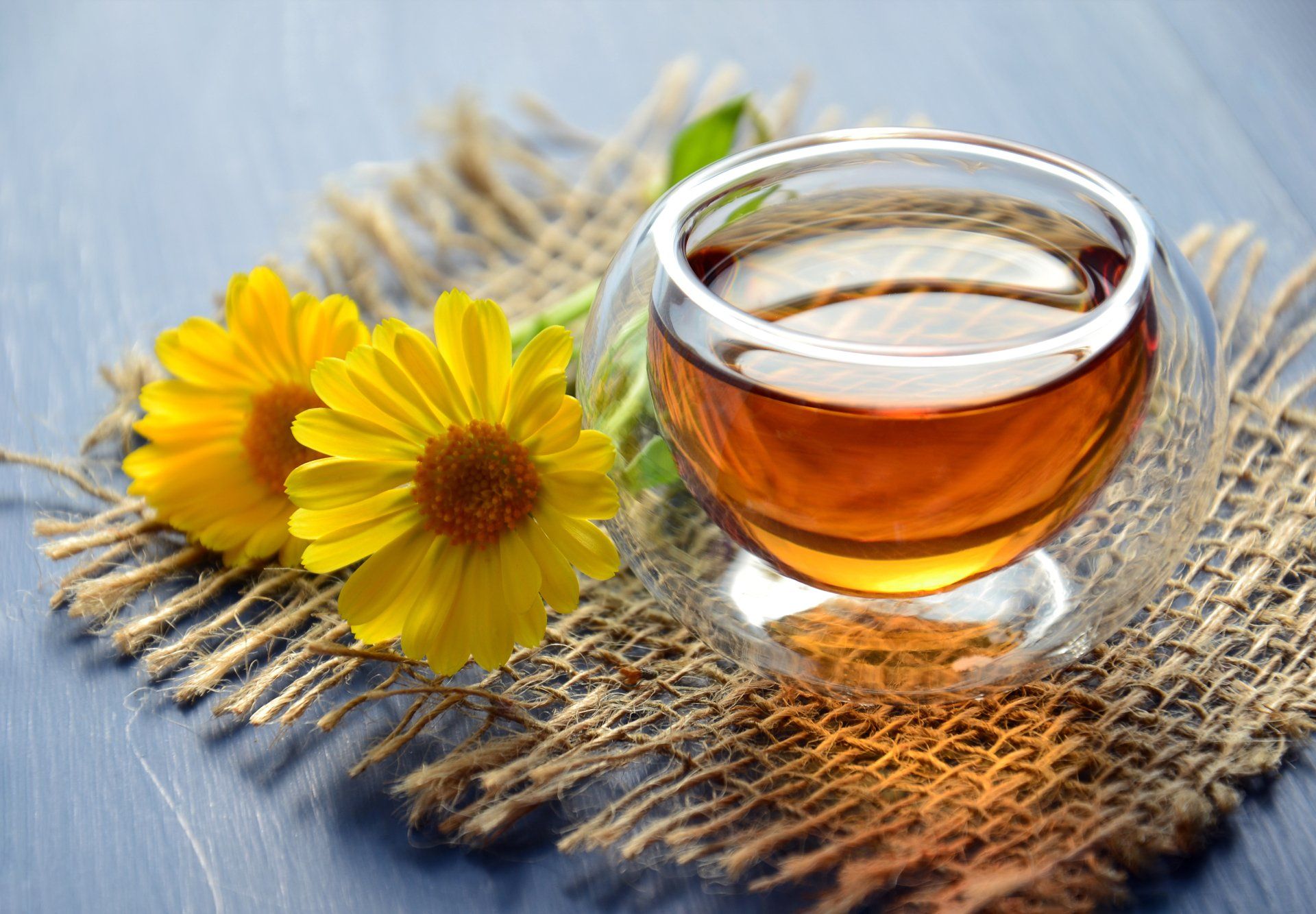Naturopathic Solutions for Depression in Kids and When to Resort to Psychiatry
Depression is a serious mental illness that affects almost 3 million youth in the United States alone. Anxiety and depression in children can be difficult to identify and treat. While medication and therapy are effective treatments for depression in children, some parents prefer natural treatments, as they are a more holistic approach that addresses the underlying causes of depression. This article focuses on naturopathic solutions for depression in kids and when it’s time to resort to psychiatry.
Nutrition
The gut is often referred to as the "second brain" as it produces neurotransmitters that help regulate mood. Nutritional deficiencies in B vitamins, magnesium, and omega-3 fatty acids have been linked to depression in children. Eating a balanced diet rich in fruits, vegetables, whole grains, and fish boosts nutrient levels and supports brain function. Limiting sugar and processed foods, as well as adding probiotics, can also improve gut health for better mental health.
The mediterranean diet is one of the most recommended diet plans I offer to patients. Click HERE for an outline of the mediterranean diet.
Exercise
Exercise has been shown to be a natural antidepressant in children. Regular exercise benefits mental health by increasing endorphins, serotonin, and other mood-regulating brain chemicals. Encouraging your child to participate in physical activity can help reduce depression symptoms. For more information about exercise for kids, click HERE
Aromatherapy
Aromatherapy can be a helpful natural remedy for depression in children. Essential oils such as lavender, lemon, and bergamot can promote relaxation and reduce anxiety and depression symptoms in children. Diffusers or roll-on oil blends are easy to use and effective. Always consult with a licensed naturopath before using essential oils on children.
Various studies have conducted randomized controlled trials (RCTs) to evaluate the effectiveness of aromatherapy on depression.
One review recommended aromatherapy for patients with depression and secondary depressive symptoms, citing positive effects of aromatherapy reported in non-RCT studies.
A study that focused on older community-dwelling people found that inhalation aromatherapy using Lavender and Chamomile essential oils had a positive impact on depression, anxiety, and stress.
A meta-analysis of 32 RCTs from 27 studies about the effects of aromatherapy on depression concluded that aromatherapy reduces depressive symptoms.
Finally, an RCT found that aromatherapy intervention with bergamot essential oil performed daily in the afternoon improved depressive mood and sleep quality in postpartum women.
Therapy
Therapy can be an effective solution for treating depression in children. Therapeutic approaches like cognitive-behavioral therapy can help children learn to manage negative thoughts and emotions, improving mental health. Therapy also teaches healthy coping mechanisms, stress relief techniques, and communication skills for effective relationships.
A randomized control trial study explored the effectiveness of cognitive-behavioral therapy (CBT), fluoxetine, and their combined use in treating adolescents with depression. The sample size was not specified in the search results. The study compared the effects of fluoxetine alone, CBT alone, and a combination of both. The findings suggested that the combined treatment of fluoxetine with CBT was superior to either fluoxetine alone or CBT alone in managing depression in adolescents. The specific age range of children was not mentioned, but the study targeted adolescents. The assessment method for depression was the Children's Depression Rating Scale-Revised.
Supplements
Several herbal medicines are commonly used to alleviate symptoms of depression, including Hypericum perforatum (St. John's Wort), Crocus sativus (Saffron), and Lavandula angustifolia (Lavender). Piper methysticum (Kava) is another natural remedy that can be effective in reducing anxiety.
Other plant-based products that have shown promising results for depression and anxiety include Chamomile tea, Passionflower, Rhodiola Rosea, Omega-3 fatty acids, and Vitamin-D.
However, it's important to remember that natural remedies are not always safe for children and can have side effects. Parents should always consult their Naturopath or Paediatrician before giving their children any supplements or herbal remedies.
A meta-analysis of randomized placebo-controlled trials aimed to investigate the efficacy and safety of Omega-3 fatty acids (O3FA) in treating children and adolescents with depression. The specific details such as the sample size, age range of participants, and the exact treatment conditions were not provided in the search results. However, being a meta-analysis, it likely included multiple studies with diverse participant characteristics and treatment conditions. The study found that O3FA had a significant effect on reducing depressive symptoms among the participants, suggesting its potential effectiveness as a treatment option for depression in children and adolescents.
Medication
In severe cases, medication may be the best treatment option for depression in children. Medication can help regulate the brain chemistry and relieve depressive symptoms. Before resorting to medication, it’s essential to consult with a licensed naturopath, paediatrician or psychiatrist. Medication should only be considered when mental health has been significantly impacted, and natural remedies have not worked.
Conclusion:
Depression in children is a serious issue that requires appropriate treatment. If you suspect that your child is affected by depression, it is essential to discuss treatment options with a licensed healthcare provider. Natural treatments, including nutrition, exercise, aromatherapy, and therapy, can be effective in reducing depressive symptoms. However, medication is sometimes required. By working with a licensed healthcare provider, you can ensure that your child receives the most effective treatment for their condition.
Sources:
- ResearchGate
- LiebertPub
- ScienceDirect
- SAGE Journals
- Hindawi
- NCBI
- ScienceDirect
- ScienceDirect
- ScienceDirect
- Journal of Nursing Research
